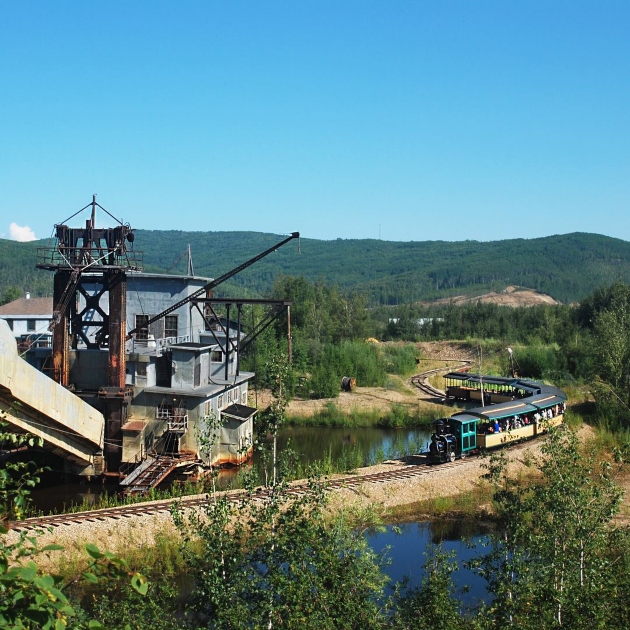Catch the gold rush fever
Join Barkerville Historic Town in celebrating 150 years of the Cariboo Gold Rush

Each year, thousands of visitors flock to Barkerville Historic Town to see what gold prospectors in the late 1800s left behind: a fortune in history. This year, Barkerville Historic Town is celebrating its 150th anniversary, and there are a variety of fun events planned for this season.
Barkerville opens this year on May 17. In celebration of Queen Victoria’s birthday on May 21, there will be a Victoria Day Afternoon Tea at the Wake Up Jake Restaurant & Coffee Saloon in Barkerville. Two separate seatings will be held for visitors to have tea with a Queen Victoria interpreter.
On July 1, Barkerville will have Dominion Day Celebrations. Activities for this event will include a game of tug-of-war, races, a funny face contest and more. In the evening, there will be refreshments, dancing and entertainment at the House Hotel Coffee Saloon.
Barkerville’s official 150th anniversary celebration will take place on August 11 and 12. The event will pay tribute to the town’s namesake, Billy Barker, who was the first to find gold in the Cariboo region of B.C. in 1862. The Canadian National Gold Panning Championships will be held this weekend as well.
History brought to life
Whether it’s watching Judge Begbie at the Richfield Courthouse or seeing a farrier create horseshoes at the blacksmith shop, there are several fun, educational activities at Barkerville that give visitors a taste of the past.
James Douglas, who is the manager of visitor experiences at Barkerville Historic Town, said that Barkerville has pioneered a type of historical interpretation that extends beyond the concept of re-enactment.
“Think about it like we are omniscient narrators for people,” said Douglas. “(As an interpreter), I am who I say I am and I won’t break my character, but if you want to talk to me about stuff that happened in the 1930s and ’40s in Barkerville, all I have to do is switch tenses. Anything that happens in my life—I will talk about in the past tense, but anything that happens beyond that, I will talk about it in the future tense. I’m not limited to the time frame I’ve chosen, and I think ultimately what that does is create a much richer learning environment.”
New perspectives
Douglas was a professional actor before he went to Barkerville to become a historical interpreter. He fell in love with his work as an interpreter and said that Barkerville taught him how important the central interior region was to the province of British Columbia.
“It was the gold that was coming out of this area that made Britain decide to hold on to B.C. as a colony,” said Douglas, “and ultimately, that was what had us join Confederation.”
Douglas believes that some aspects of his lifestyle are similar to pioneers in the 1800s.
“One of the things that I found most fascinating was when we study historical characters and their motivations for coming to places like this, and comparing that with the people who surround me every day—it really woke me up to the fact that we aren’t all that much different now than we were 150 years ago,” said Douglas. “Some of our financial reasons for coming up here—with regards to looking for gold—have changed to another kind of gold: the things that we found exciting about moving to a place like this. The details might have been different, but I found the motivations were very, very similar. I found that to be heartwarming, because it shows we have a lot in common with people that we wouldn’t necessarily think that we did.”
Resource: www.barkerville.ca






